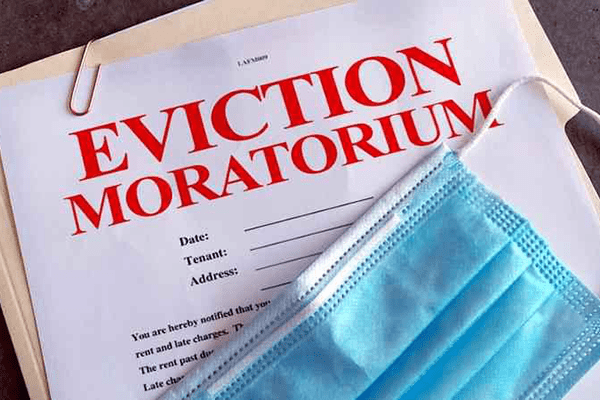Fourth Extension Designed To Give Commercial Tenants Breathing Room
STATE NEWS
New York Gov. Andrew Cuomo is extending the Empire State’s moratorium on coronavirus-related commercial evictions and foreclosures through Jan. 1.
The newly signed executive order maintains protections currently in place for commercial tenants and mortgage holders “in recognition of the financial toll the pandemic has taken on business owners, including retail establishments and restaurants,” according to a statement from the governor’s office.
The extension will afford commercial tenants and mortgagors more time “to get back on their feet and catch up on rent or their mortgage,” or to renegotiate their leases to avoid foreclosure, according to the statement.
“That will now align with our residential eviction moratorium so they are both extended to the same date,” Cuomo said.
The governor first announced a statewide moratorium on residential and commercial evictions on March 20 for 90 days to ensure no tenant was evicted during the height of the public health emergency. At that time, New York was the hotbed for COVID-19 cases.
This marks the fourth extension: the commercial eviction and foreclosure moratorium was extended through Aug. 20, Sept. 20 and Oct. 20 by executive order. Cuomo also has signed legislation to provide financial assistance to residential renters to provide relief during the pandemic.
The order prohibits “the initiation of a proceeding or enforcement of an eviction of any commercial tenant for nonpayment of rent or a foreclosure of any commercial mortgage for nonpayment of such mortgage,” according to the governor’s office.
Many retail stores, restaurants and other commercial tenants are facing lower sales and reduced hours because of the public health restrictions placed on businesses as part of efforts to slow the spread of the coronavirus. But the moratoriums are having a negative impact on landlords who can’t evict nonpaying tenants but still have to pay taxes, utilities, maintenance, insurance and other bills.
The governor also provided protections for residential renters from charges for late payment of rent and allowed tenants to use security deposits to pay rent.
The Community Housing Improvement Program, or CHIP, on Tuesday released the results of its latest survey of housing providers and property owners in New York City. CHIP, a housing-advocacy organization, has a membership roster that includes small- and medium-sized owners and operators of multifamily rental housing, most of it rent-regulated, according to Co-Star.
Without help from the government, more than 15% of the survey respondents said they don’t think they’ll be able to make property tax or water and sewer payments in January, according to CHIP.
The owners and operators said that about 16% of residential tenants paid no rent by the middle of October, an improvement from last month, when about 19% reported their tenants paid no rent. The reported vacancy rate among respondents inched up a bit to 12.81% from 12.55% in September. The survey respondents said their vacancy rate in February, before the pandemic, was 3%.
In its survey, CHIP counts units that are vacant but not currently listed for rent.
“The mass exodus from New York City has left thousands of units vacant and available for rent, but there are also units that have become vacant and need significant renovations before they can be rented,” CHIP said in a statement regarding its latest survey. “In many instances, property owners do not have the capital or cannot secure funding from lenders to fix up these apartments and bring them back to market, especially if the units are rent-regulated and have low legal rents.”










